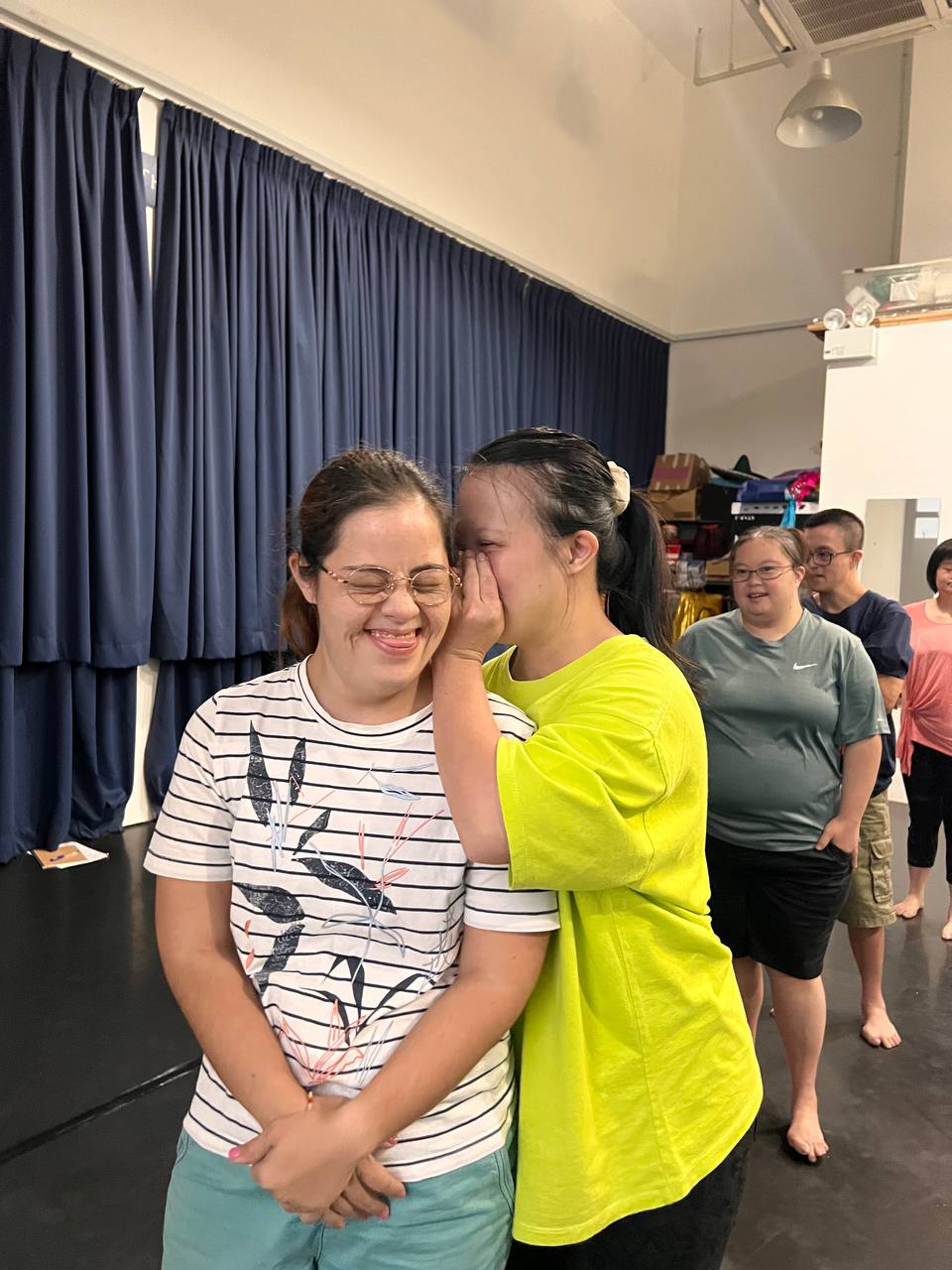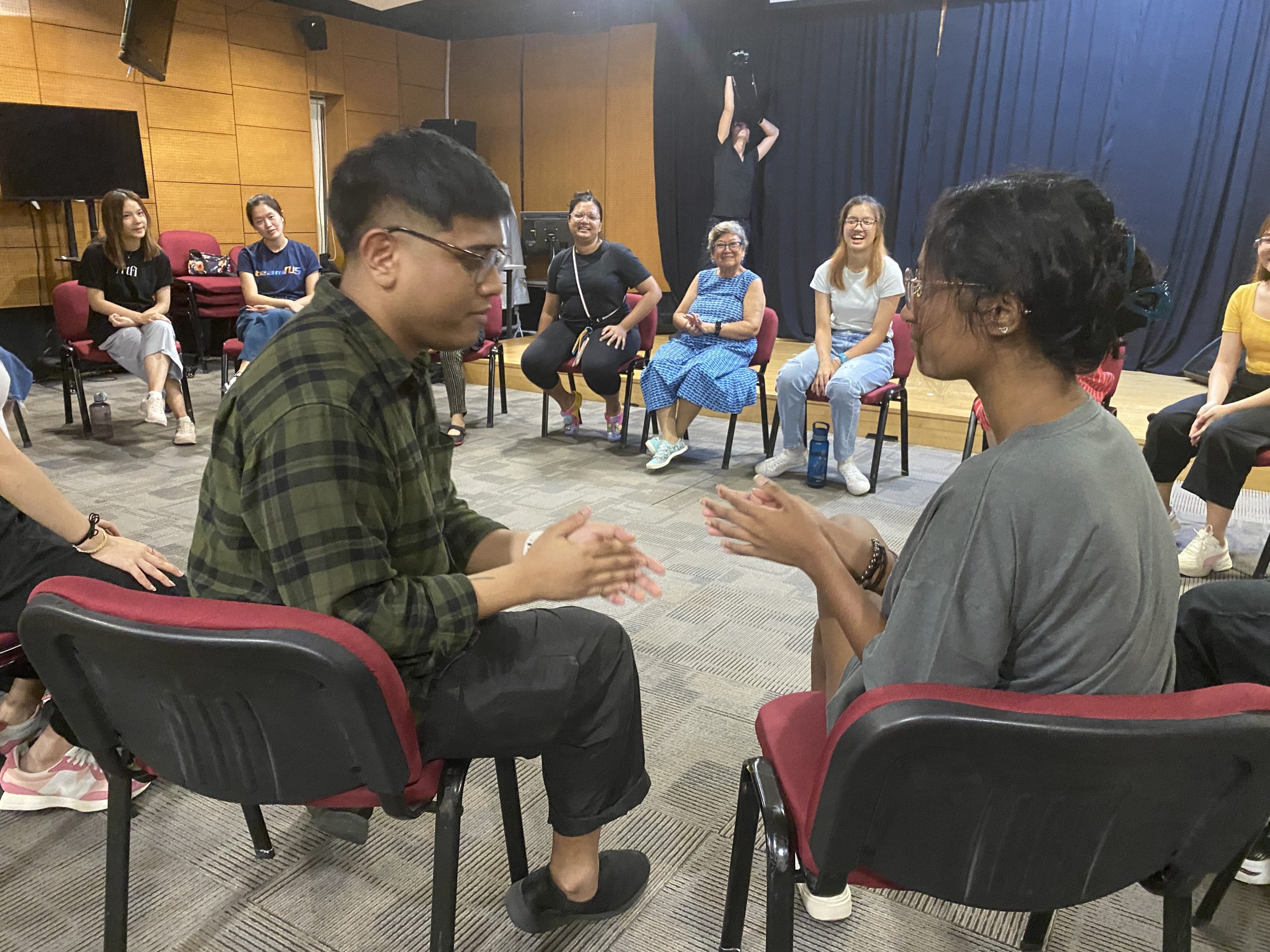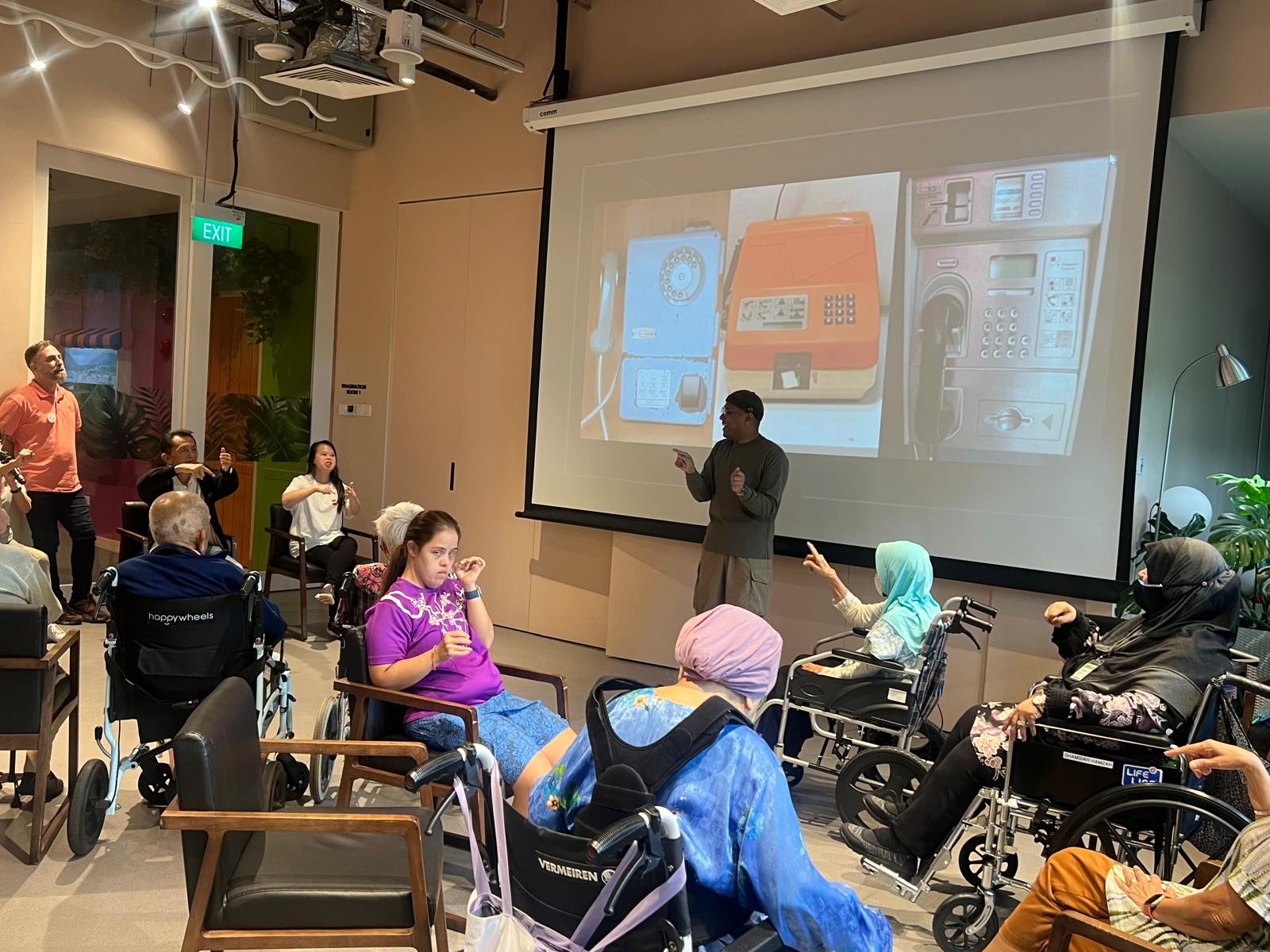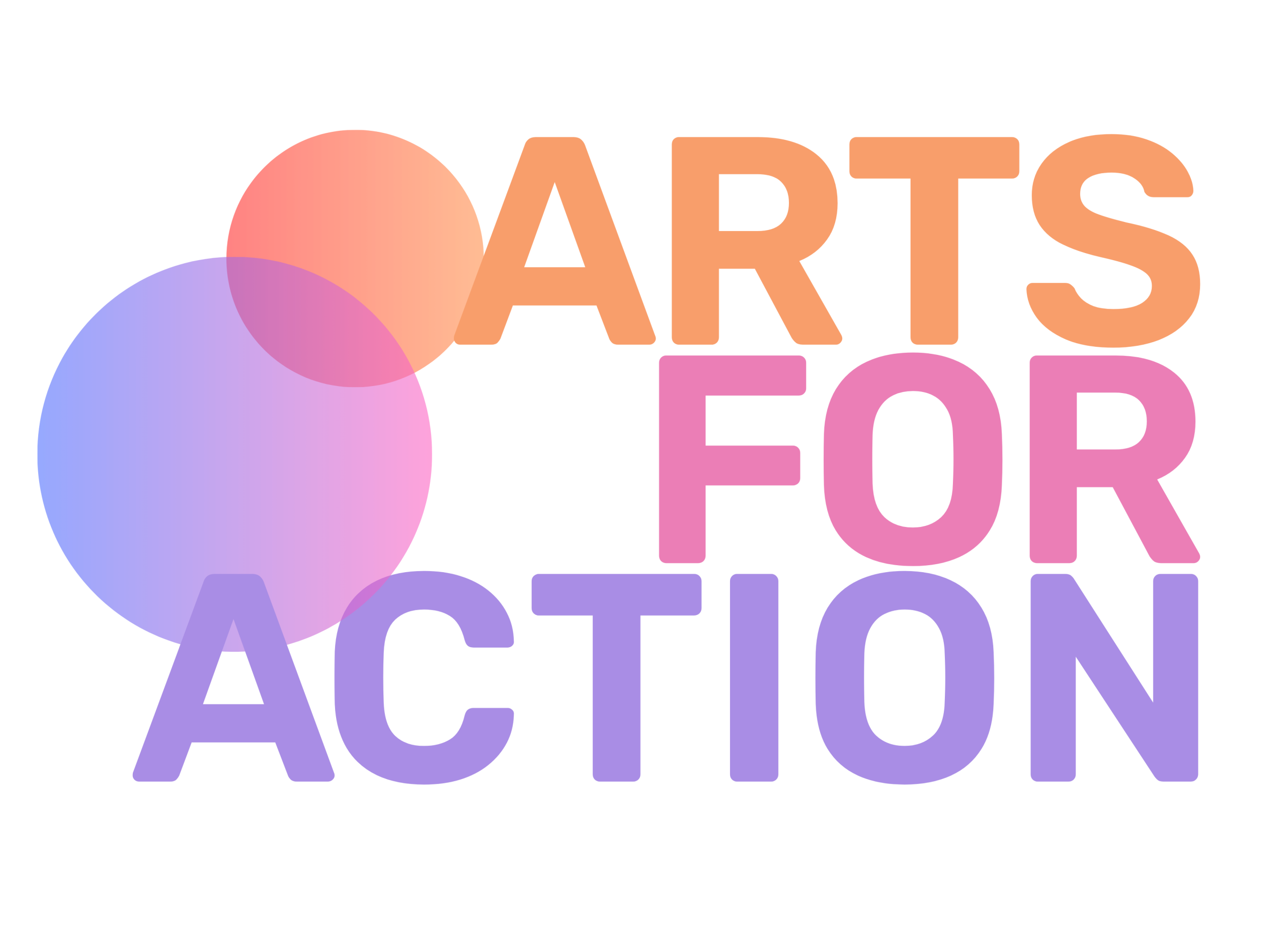Key Focus Areas
- Arts and Ageing
AFA focuses on how the arts can support quality of life in later years. Older adults often experience changes in health, roles, and identity, alongside reduced opportunities for meaningful participation. Through reminiscence arts, creative engagement programmes, and intergenerational projects, AFA creates structured spaces for reflection, storytelling, and expression in community and care settings. These programmes support emotional well-being, preserve personal and collective memories, and enable older adults to remain active, visible, and valued in society.
- Arts for Social and Community Development
AFA uses the arts as a tool to address social challenges and strengthen communities. Many communities face issues such as fragmentation, marginalisation, and limited platforms for dialogue. Through community-based arts programmes, participatory theatre, and creative facilitation in social settings, AFA brings people together to explore shared concerns and lived experiences. These initiatives support dialogue, mutual understanding, and collective problem-solving, contributing to more connected and resilient communities.
- Community and Cultural Leadership
AFA builds the capacity of artists and practitioners working in social and community contexts. This work requires strong facilitation skills, ethical awareness, and the ability to work across sectors. Through mentorship, training programmes, and practice-based learning opportunities, AFA supports practitioners to develop sustainable, responsible, and reflective practices. This strengthens the community arts and engagement workforce, ensuring quality, care, and continuity in socially engaged arts work.
Applied Theatre as Pedagogy
Applied theatre is an umbrella term that defines theatre which operates beyond the traditional and limiting scope of conventional Western theatre forms. It is often characterised by work which deliberately engages in spaces or with groups of people where mainstream theatre still fears to tread. The boundaries between actors and spectators are purposefully blurred as all participants are involved as active theatre makers. Frequently, applied theatre is constructed as a response to social or political challenges and is seen as a process where difference and change can be wrought through its making.
(P. O’Connor & B. O’Connor, 2009)
AFA uses Applied Theatre as its main pedagogical approach because it aligns perfectly with our commitment to engage, empower, and activate communities, inspiring reflection, dialogue, and collective action. Here’s why it’s central to our work:
- Process-based Creative Engagement: Applied Theatre creates immersive and participatory experiences, allowing individuals to engage with complex social issues in a creative, hands-on way. It provides a platform for personal and collective expression, where participants actively shape the outcomes, making learning meaningful and impactful.
- Empowering Communities: Through Applied Theatre, we empower participants to reflect on their experiences, beliefs, and challenges, while also connecting them to wider social and cultural narratives. It encourages personal agency and social responsibility, helping people realise their potential as active change-makers in their communities.
- Facilitating Dialogue and Understanding: The theatrical form offers a safe space for dialogue, where diverse voices can be heard and different perspectives explored. By examining real-life issues through theatre, we promote empathy, understanding, and respect among individuals from varied backgrounds.
- Addressing Social Issues: Applied Theatre provides a dynamic way to explore and respond to pressing social issues such as identity, inequality, and community resilience. Through role-playing, storytelling, and dramatic techniques, participants can explore solutions and insights, while also raising awareness in a way that is both engaging and accessible.
- Holistic Learning: Applied Theatre blends intellectual, emotional, and social learning. It supports the development of critical thinking, social-emotional skills, and creative problem-solving. It also builds confidence, communication skills, and teamwork, all of which are essential for personal and community growth.
Our Specialisation

Applied Theatre

Creative Community Engagement


